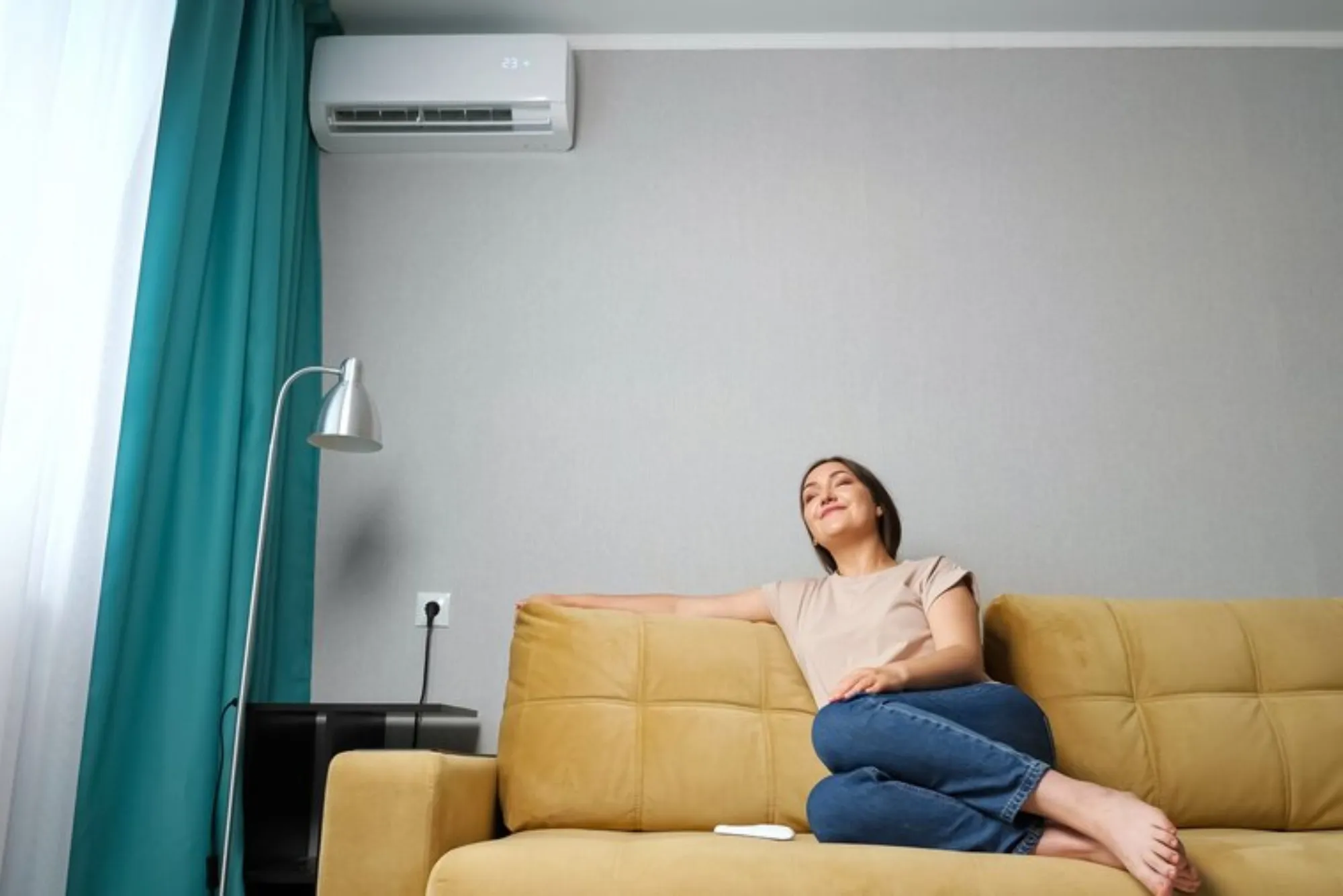Maintaining optimal air conditioning performance is essential for comfort, energy savings, and system longevity. Many homeowners and businesses struggle with inefficient cooling, leading to higher electricity bills and reduced indoor comfort. Understanding how to improve AC cooling efficiency can help maximize performance and lower energy consumption.
Proper Maintenance for Maximum Efficiency
Routine maintenance plays a crucial role in enhancing AC cooling efficiency. Dirty filters, clogged coils, and refrigerant leaks can significantly reduce performance. Regularly replacing air filters ensures proper airflow, preventing the system from overworking. Cleaning the condenser and evaporator coils removes dirt buildup, allowing for better heat exchange and improved cooling capacity.
Scheduling professional maintenance services ensures the AC system operates at peak efficiency. A trained technician can inspect refrigerant levels, check for leaks, and calibrate the thermostat, all of which contribute to optimal performance and reduced energy consumption.
Sealing Leaks and Enhancing Insulation
Air leaks around doors, windows, and ducts allow cool air to escape, forcing the AC system to work harder. Properly sealing gaps and insulating ducts prevents energy wastage and enhances cooling efficiency. Installing weather stripping around windows and doors helps maintain indoor temperatures while reducing strain on the air conditioning unit.
For those using ducted systems, working with an experienced ducted AC supplier ensures high-quality duct installation, minimizing energy loss and maximizing efficiency. A well-designed duct system distributes cool air evenly, reducing temperature fluctuations and improving overall comfort.
Optimizing Thermostat Settings
Incorrect thermostat settings can lead to inefficient cooling and increased energy bills. Setting the thermostat at an optimal temperature, typically around 24-26°C (75-78°F), balances comfort and energy efficiency. Using programmable or smart thermostats allows for automatic temperature adjustments based on occupancy patterns, preventing unnecessary cooling when rooms are unoccupied.
Ceiling fans also complement AC efficiency by circulating cool air and maintaining consistent indoor temperatures. This reduces the workload on the AC unit, allowing it to operate more efficiently without excessive power consumption.
Upgrading to Energy-Efficient Systems
Older air conditioning units consume more energy and struggle to maintain optimal cooling. Upgrading to modern, energy-efficient AC systems with inverter technology can significantly enhance performance while lowering electricity costs. Inverter ACs adjust compressor speed based on cooling demand, reducing energy wastage and providing consistent cooling.
Selecting a reliable AC supplier ensures access to the latest energy-efficient models designed for superior performance. A trusted supplier provides expert guidance on choosing the right system based on cooling needs, room size, and energy-saving features.
Reducing Heat Buildup Indoors
Minimizing indoor heat sources reduces the workload on the AC system, improving overall efficiency. Heat-generating appliances such as ovens, stoves, and incandescent bulbs should be used minimally during peak cooling hours. Installing reflective window films and using blackout curtains block external heat, keeping indoor spaces cooler without excessive reliance on air conditioning.
Strategic placement of indoor plants can also enhance cooling efficiency by absorbing heat and improving air circulation. Combining these strategies helps maintain a comfortable indoor environment while reducing strain on the AC system.
Regular Servicing from a Professional Ducted AC Supplier
For businesses and homeowners relying on ducted air conditioning, regular servicing from a professional ducted AC supplier is crucial for maintaining efficiency. These systems require specialized care, including periodic duct cleaning, airflow balancing, and component inspections. Working with a reputable supplier ensures proper installation and ongoing maintenance support, extending the system’s lifespan and reducing operational costs.
Choosing the Right AC Supplier
Partnering with an experienced AC supplier provides access to high-quality cooling solutions, expert installation, and long-term support. Factors such as energy ratings, warranty options, and system compatibility should be considered when selecting an AC supplier. A well-informed decision guarantees improved cooling efficiency, lower maintenance costs, and enhanced indoor comfort.
For businesses seeking advanced air conditioning solutions, Detect offers cutting-edge climate control technologies tailored to commercial and residential needs. Proper temperature management ensures energy efficiency and superior indoor air quality.
Conclusion
Improving AC cooling efficiency requires a combination of regular maintenance, energy-saving practices, and system upgrades. Sealing air leaks, optimizing thermostat settings, and reducing indoor heat sources enhance performance while lowering energy costs. Choosing a reputable AC supplier ensures access to the latest technology and professional services, guaranteeing long-term efficiency and comfort.





